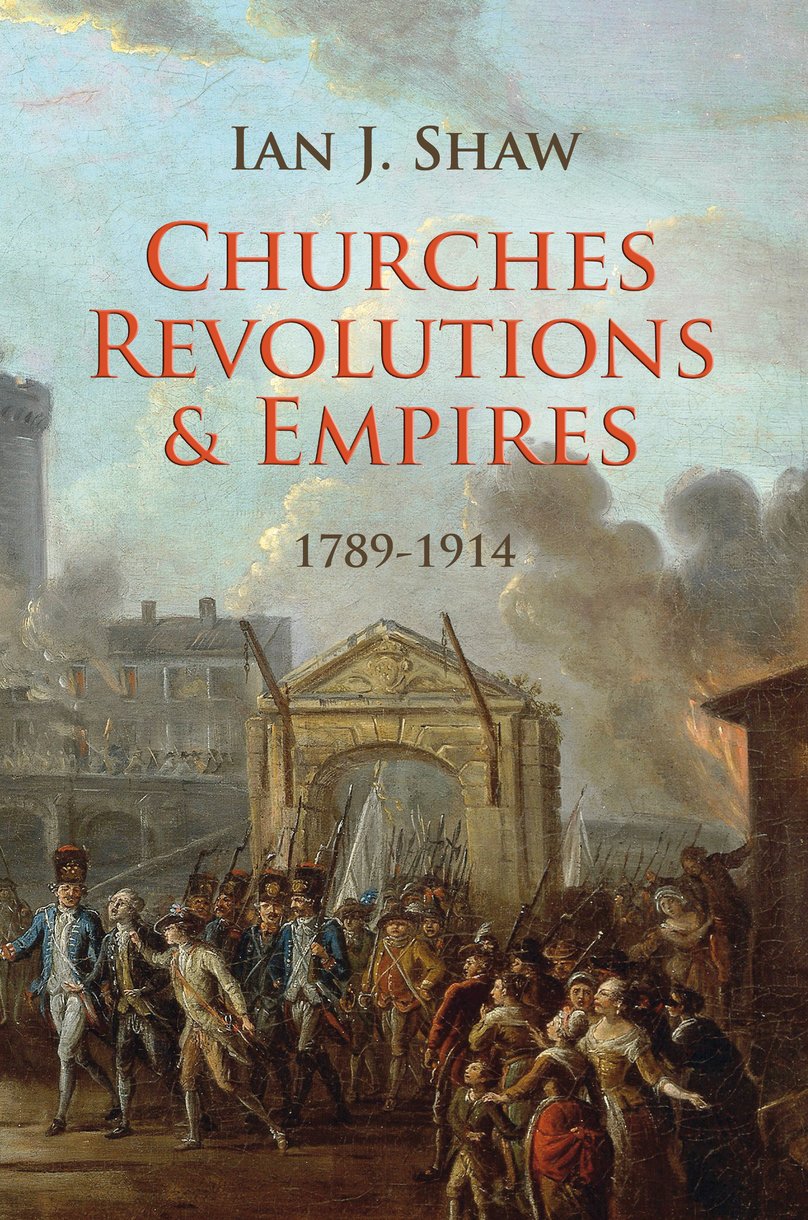
Released in the UK May 2012
Released in the US July 2012

Royale Hardback 234 X 156 | 576 Pages
9781845507749 • £19.99 $29.99
BISAC – REL015000
Churches, Revolutions And Empires
1789–1914
Ian J. Shaw
1789 to 1914 was a time of momentous and often violent change religiously, socially, politically and economically in the western world. The revolutions in the churches and the powerful empires of the day were to have a profound effect upon society at large both then and in the years that followed. In this detailed yet fascinating study, Ian Shaw gives context and understanding to this legacy which has been passed on from that era by providing an expert analysis of the period with a focus on the key leaders, influences and issues.
Ian J. Shaw
Ian J. Shaw is the Director of Langham Scholarship programme in the UK.
Related Titles
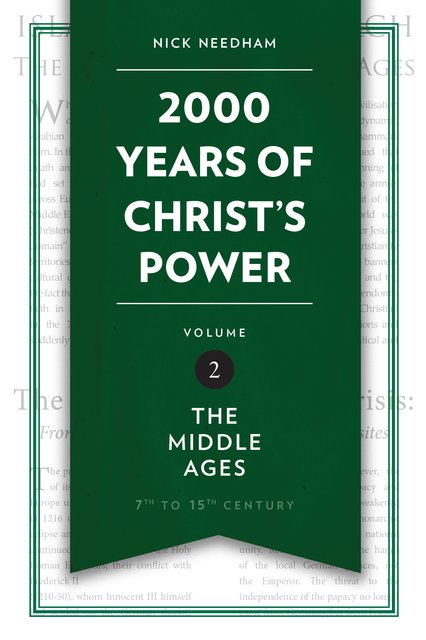
9781781917794 |
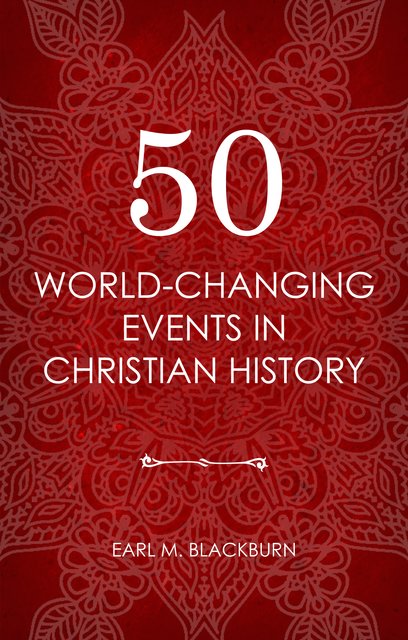
9781781917497 |
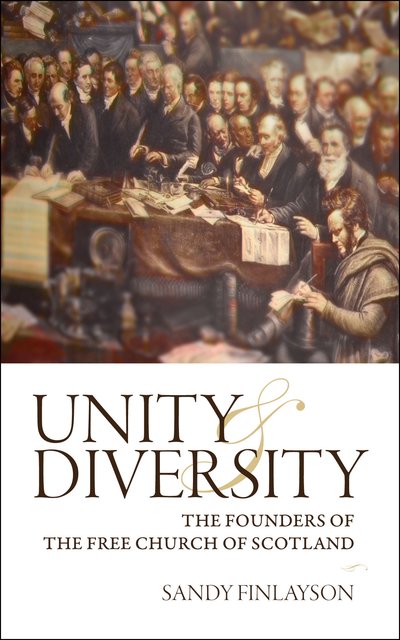
9781845505509 |
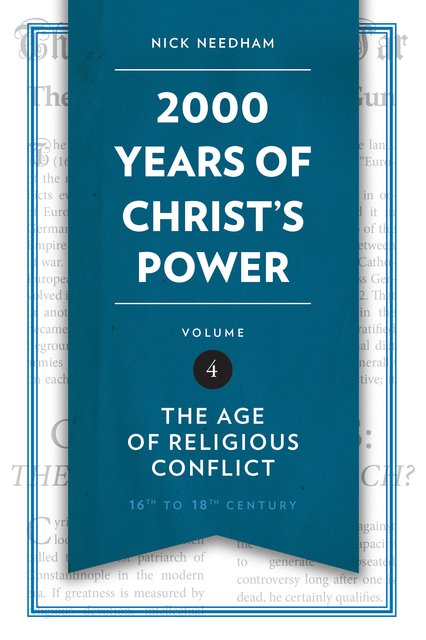
9781781917817 |

Christian Focus
"I think this is a most impressive book. A book like this should become a standard work in the way that Alec Vidler's Church in an Age of Revolution used to be."
Ian Randall
International Baptist Theological Seminary, Prague, Czech Republic
"I have long been looking for a text that would help my students in Africa understand the double development of a post western Christianity as well as a post Christian west. With Ian Shaw's extraordinary book Churches, Revolutions and Empires, that search is over."
Mark Shaw
Director of the Centre for World Christianity, Africa International University, Nairobi, Kenya
"Clear, comprehensive, well-informed about the history of western churches, unusually perceptive about Christian developments elsewhere in the world, and throughout written in entirely accessible prose. Students and experienced readers should both welcome this most helpful volume."
Mark A. Noll
Author of ‘America’s Book: The Rise and Decline of a Bible Civilization, 1794–1911’
"The book is clear, well arranged and up-to-date in its absorption of recent research. It covers the full range of denominations across the globe, setting religion firmly in its socio-political context and so addressing central historical issues such as empire and national identity. It is likely to command a wide readership in universities, theological colleges, ministers' studies and private homes."
David Bebbington
Professor of History, University of Stirling, Stirling